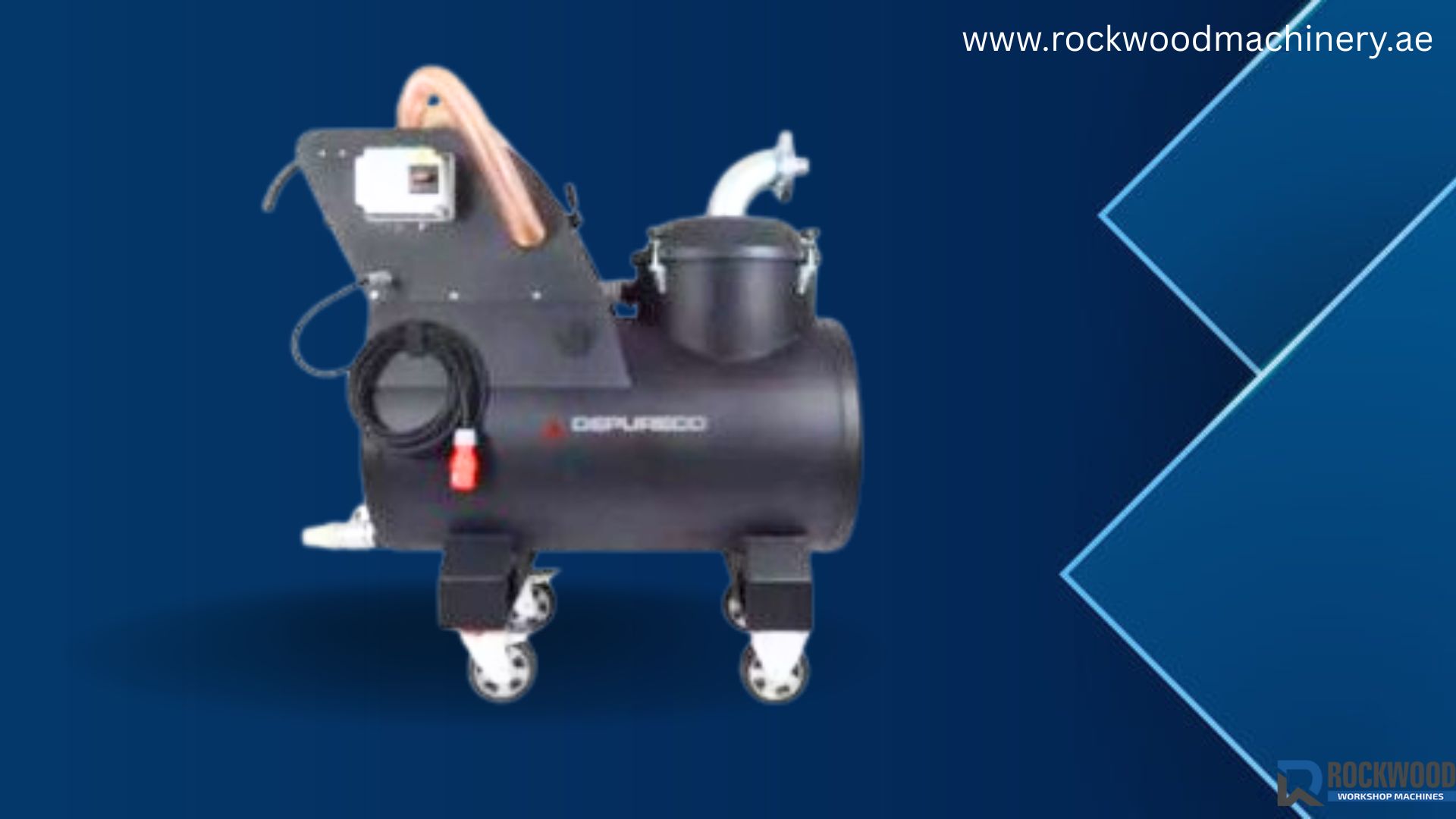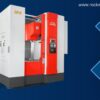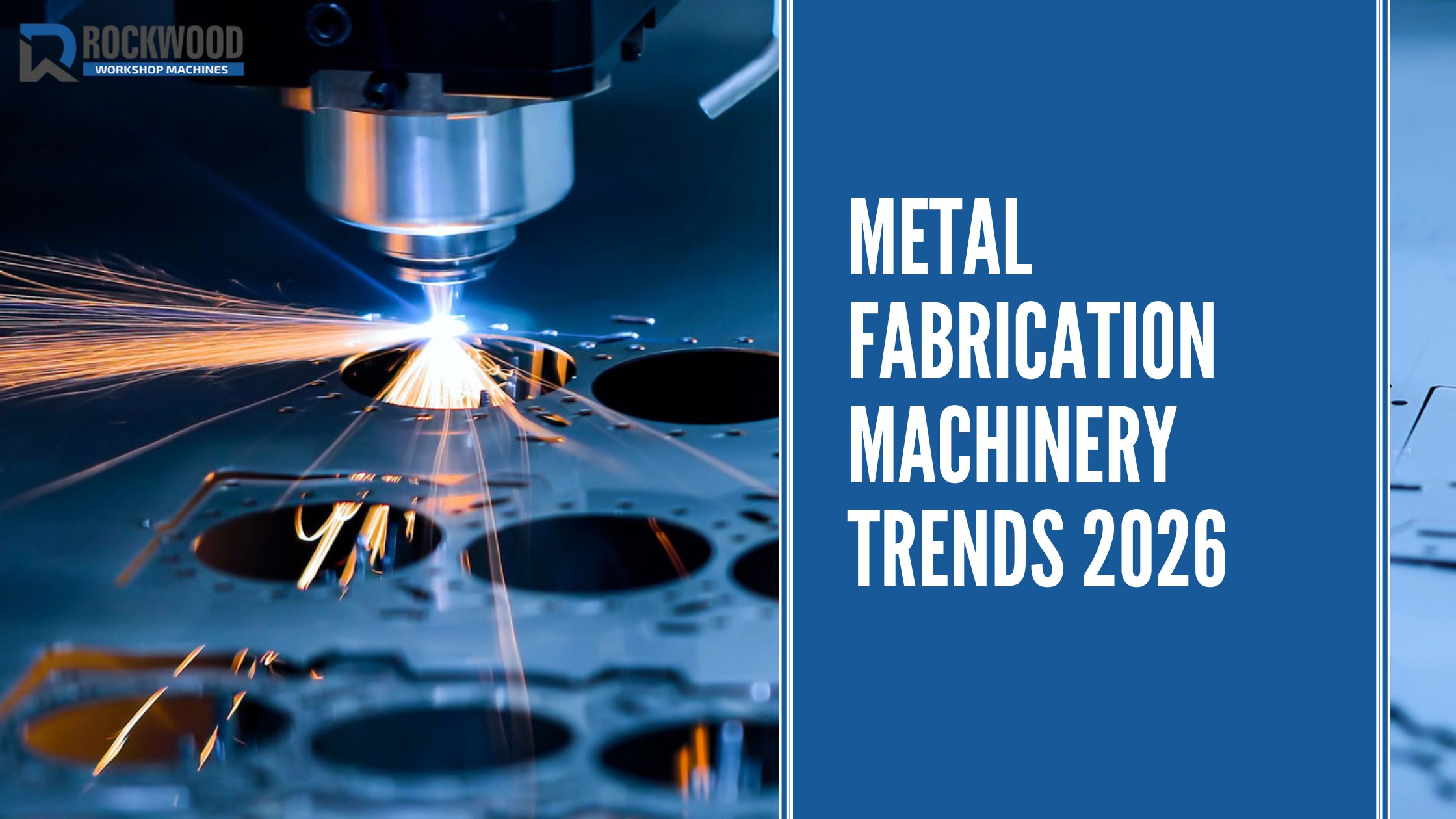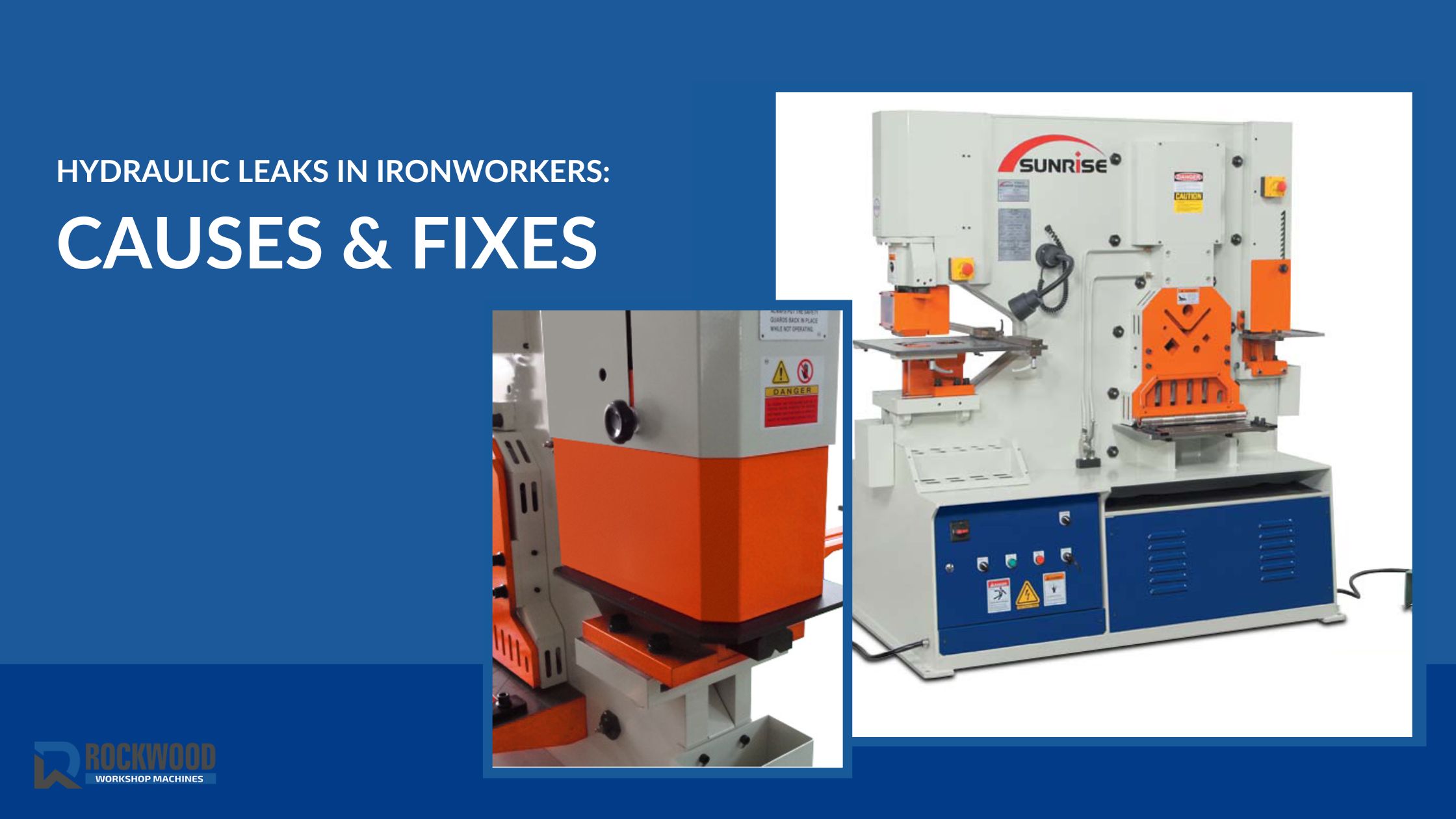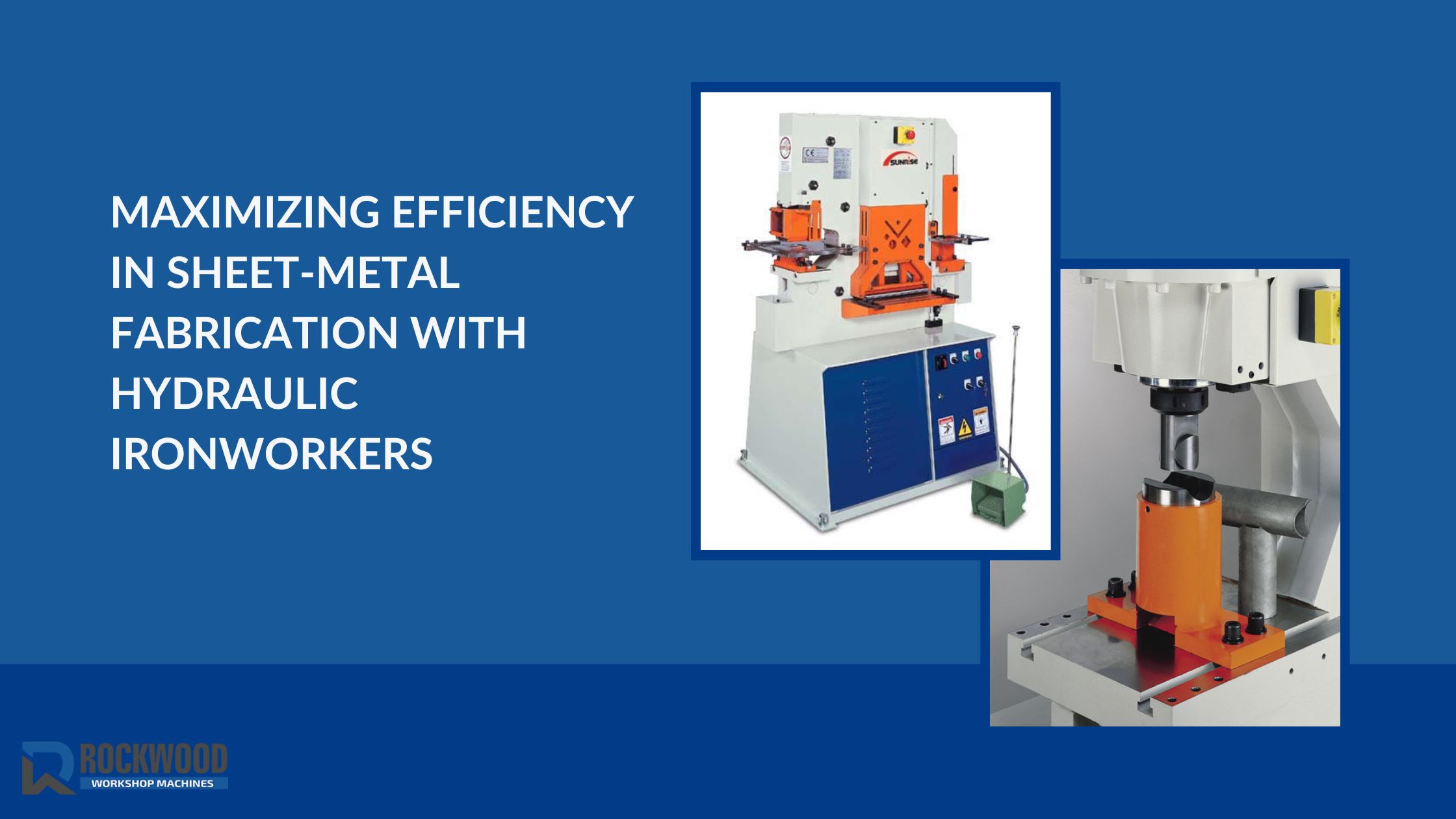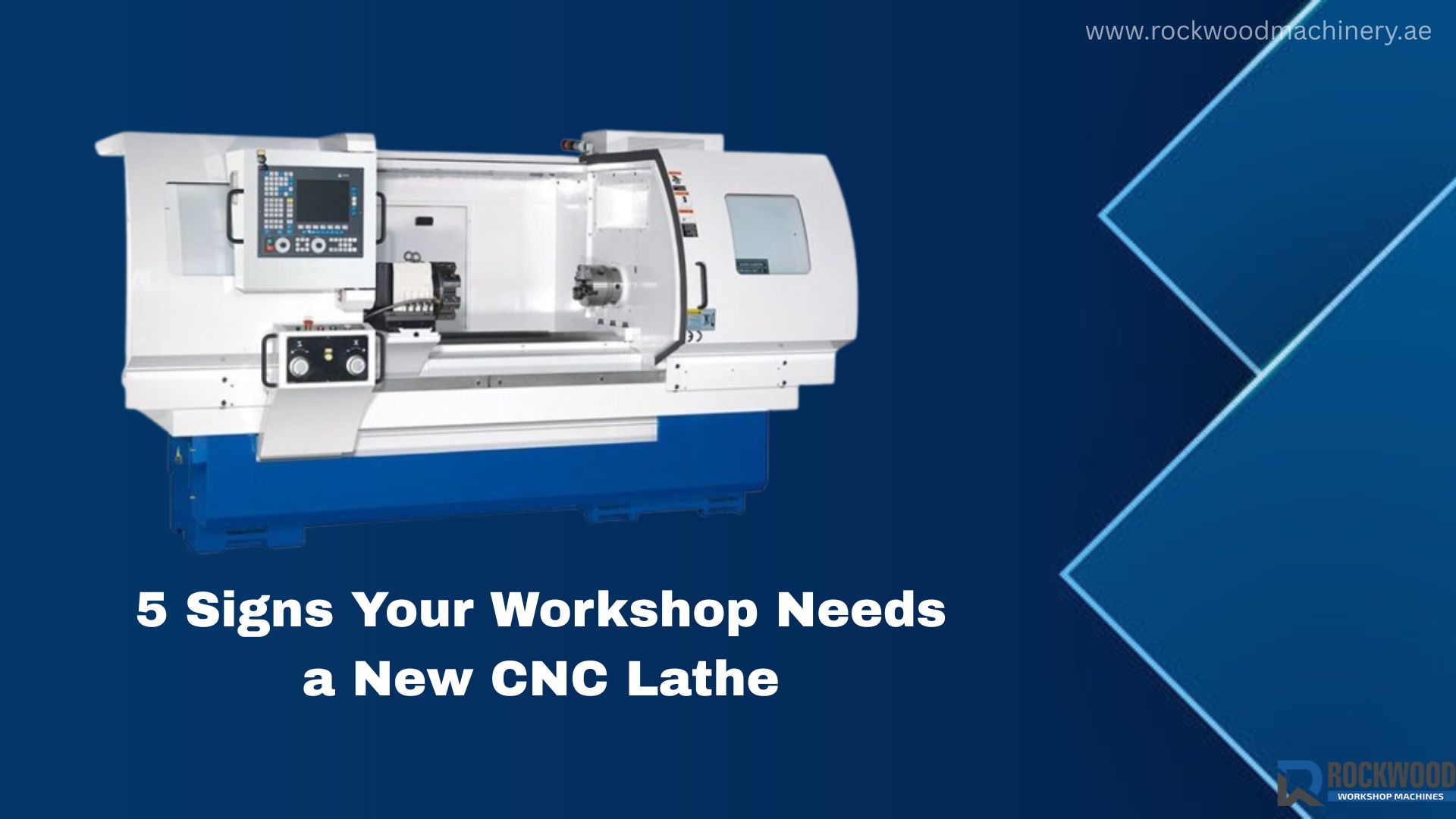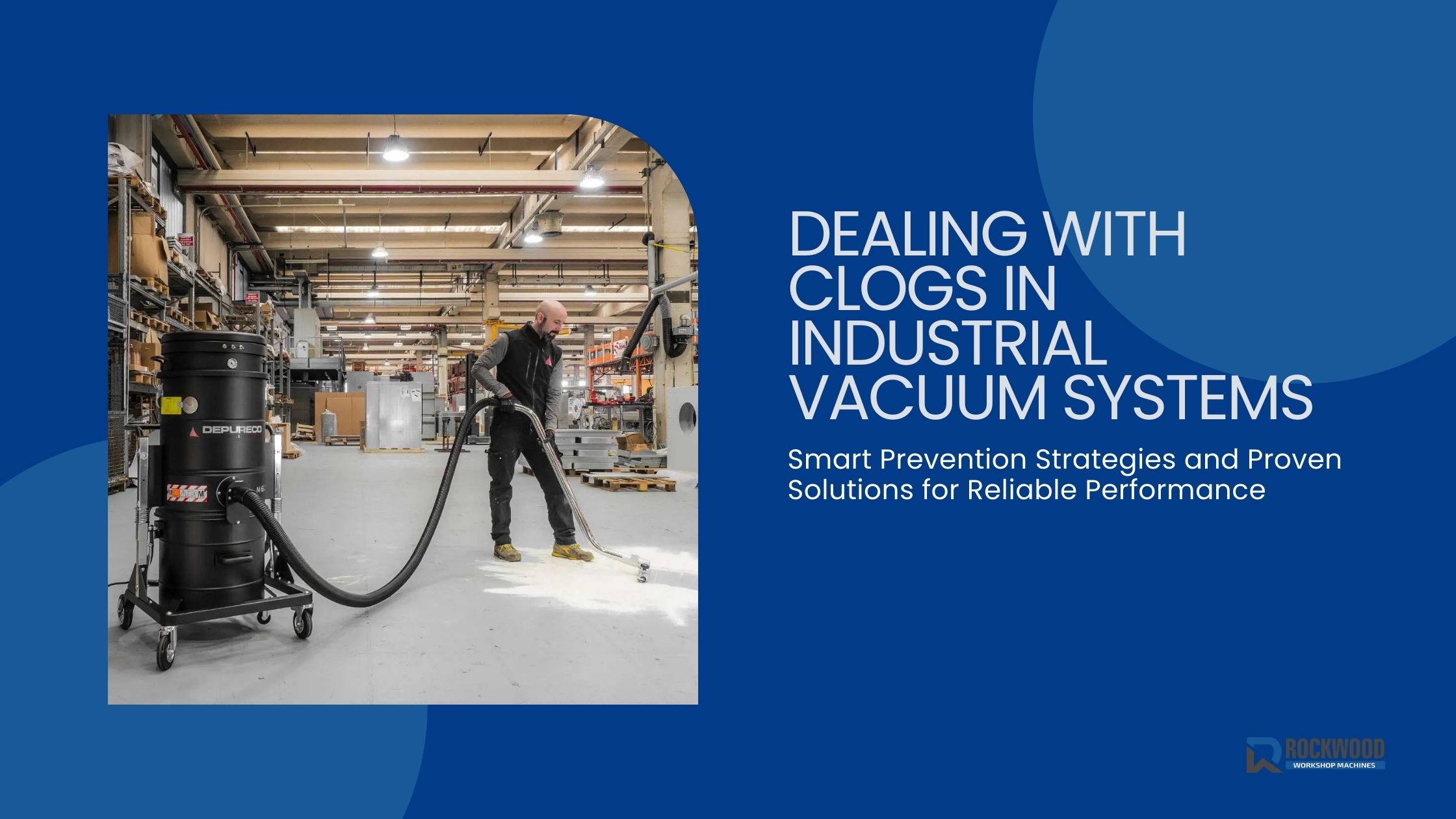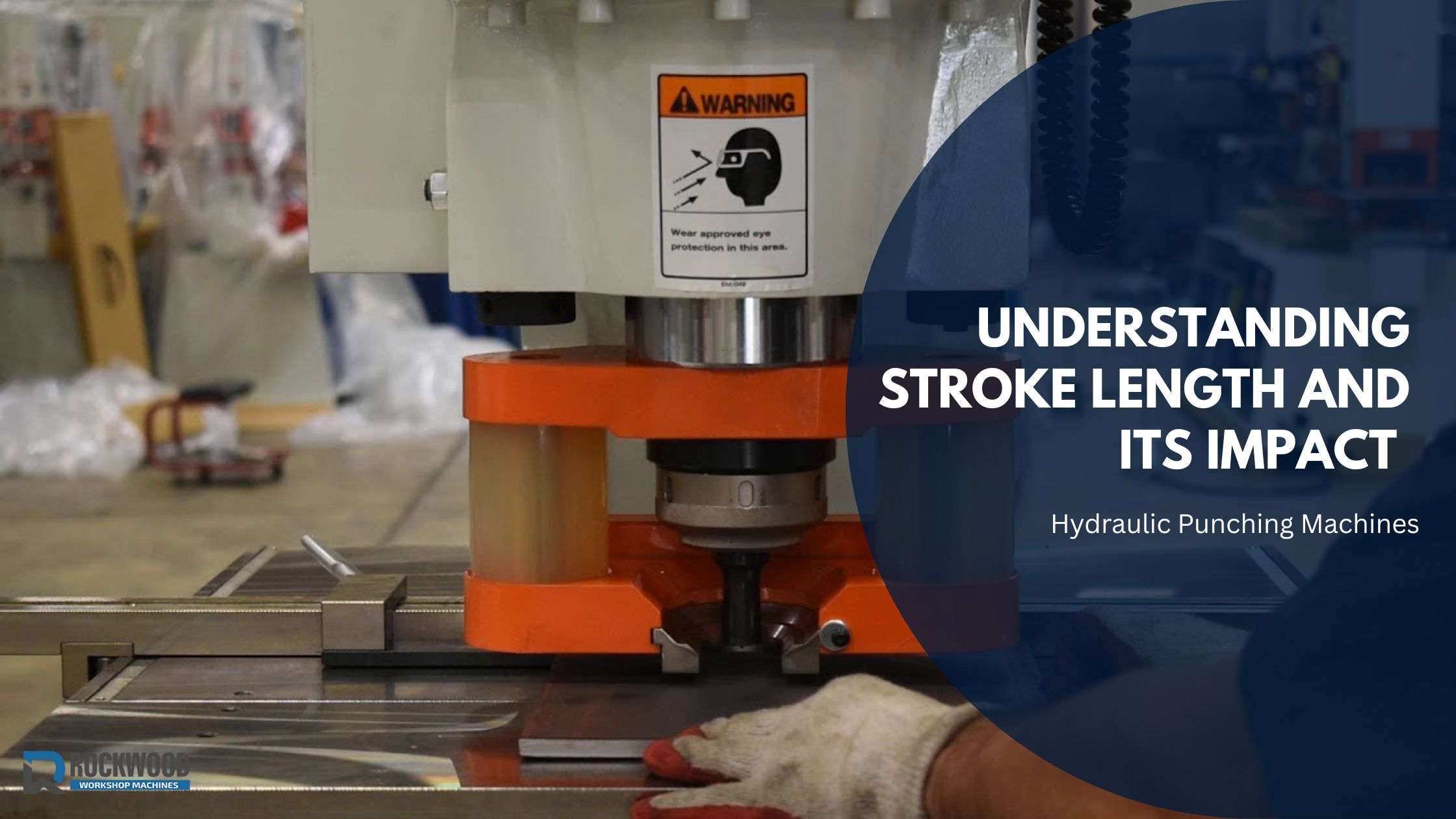The Difference Between the Clean Air 800, 1200, and 2000 — Which One Is Right for You?
When it comes to keeping workshops clean, safe, and efficient, having the right vacuum system is just as important as the tools and machines you use every day. Industrial vacuums are designed to capture fine particles, dust, and debris that standard home use vacuums cannot. When it comes to the most dependable products available, look no further than the Clean Air series, specifically the Clean Air 800, 1200, and 2000 models.
Which option fits your requirements the best? In this article, we’ll break down the differences, highlight their features, and help you decide which model best fits your workshop setup.
Why Industrial Vacuum Cleaners Matter
Before beginning a comparison of dust extraction, I think it would be good to examine why it is important to invest in a good dust extraction system. Regardless of whether you’re using small workshop tools like saws, drills, and grinders or capital equipment in the shop, dust and debris will turn your workspace into a disaster area quickly without extraction! The buildup of dust and debris may:
- Reduce air quality, creating health risks for workers.
- Affect the lifespan of machinery by clogging moving parts.
- Increase fire hazards due to fine particles.
- Make your workspace less efficient and harder to maintain.
This is where Clean Air’s range of industrial vacuum Cleaners comes into play, ensuring workshops stay safe, compliant, and productive.
Overview of the Clean Air 800, 1200, and 2000
Each model in the Clean Air series is designed to operate at a specific scale. Let’s examine the details:
1. Clean Air 800 — The Compact Option
Clean Air 800 is the smallest unit in the series but don’t be fooled by it; it is designed for shops where floor space is limited but some performance is required.
Best for: Small workshops, hobbyists, or small production shop units.
Features: Easy to relocate, easy setup, goes well with lighter workshop tools.
Benefits: Economical entry-level solution, saves space, efficient dust extraction for smaller tasks.
If you operate a woodworking shed or a small metal working shop, the Clean Air 800 is a good cost efficient choice for a balance between performance and economy.
2. Clean Air 1200—the All-Rounder
The Clean Air 1200 is designed for the intermediary price point for business where the 800 won’t deliver enough power and capacity but the maximum scale of the 2000 is unnecessary.
Best For: Medium Rooms with multiple active workstations.
What it offers: Higher flow rates / Stronger suction, Higher dust storage capacity, Compatibility with many different types of Workshop equipment.
Benefits: Strong enough for continuous demand, Suitable for different industry types and a great size for growing workshops.
The 1200 is often referred to as the sweet spot: strong enough for a serious workload while compact enough to fit most rooms.
3. Clean Air 2000—the Heavy-Duty Solution
At the top of the series is the Clean Air 2000, built for high-volume and demanding environments where controlling dust and debris is unavoidable.
Best For: Large industrial workshops, factories, and professional production lines.
What it offers: Maximum air flow rates, the largest bulk capacity, displacement, and is engineered to work with heavy-duty workshop tools under simultaneous demand.
Benefits: Continuous performance in demand, making it perfect for industry types like metal fabricating, woodworking, or construction, and it provides a substantial return on investment for large-scale operations.
If your shop is utilizing multiple machines all day, the Clean Air 2000 will ensure your air is clean and production processes remain unimpeded.
Major Differences at a Glance
A quick overview of how the three models compare:

Which One Should You Choose?
When it comes to choosing between the Clean Air 800, 1200, and 2000, the best model for you really depends on your workshop space, the equipment you work with, and your production goals.
Choose the Clean Air 800 if you are a hobbyist, small shop owner, or simply looking to go compact and play-it-safe financially.
Choose the Clean Air 1200 if you own a medium-sized workshop and want a good balance between playing it safe with your money and still working with an industry heavy hitter.
Choose the Clean Air 2000 if you are operating production on a market level, work with multiple machines, and want the utmost in efficiency and dust control.
Final Thoughts
Every workshop has unique needs, but one thing remains constant: clean air equals a safer, more productive environment. The Clean Air series of Industrial Vacuum Cleaners — from the compact 800 to the versatile 1200 and the powerful 2000 — are all designed to keep your workshop tools and workshop equipment running at their best.
Investing in the right model goes beyond simply buying a vacuum system; you’re securing a cleaner, healthier, and more efficient future for your business.
To read more blogs, click here: Predictive Maintenance Using Vibration Analytics in Tapping Machines

